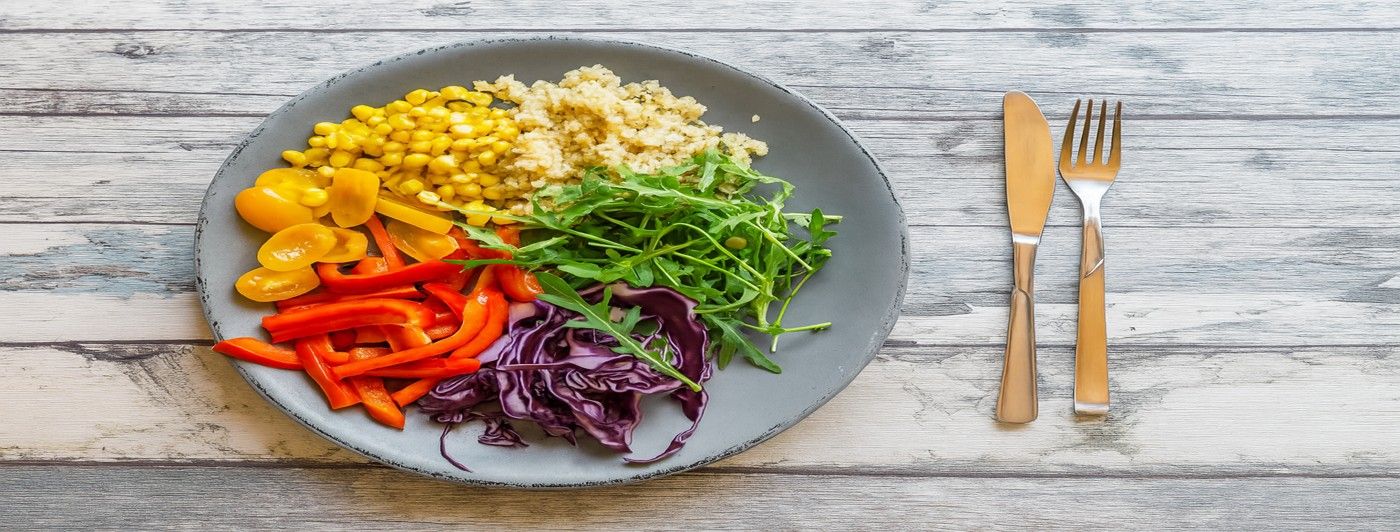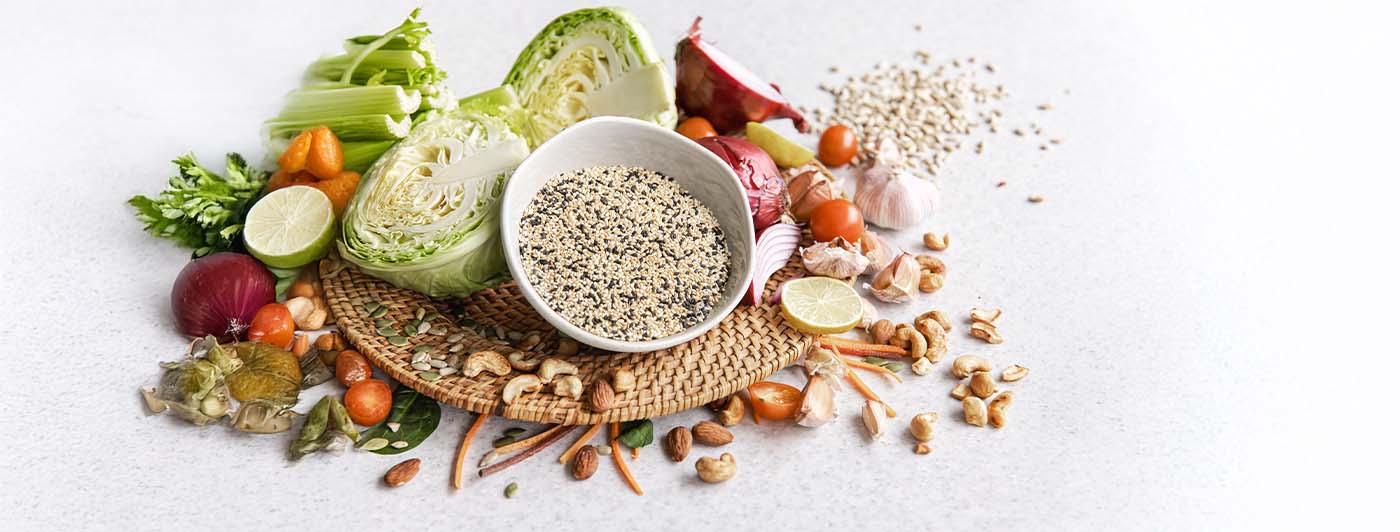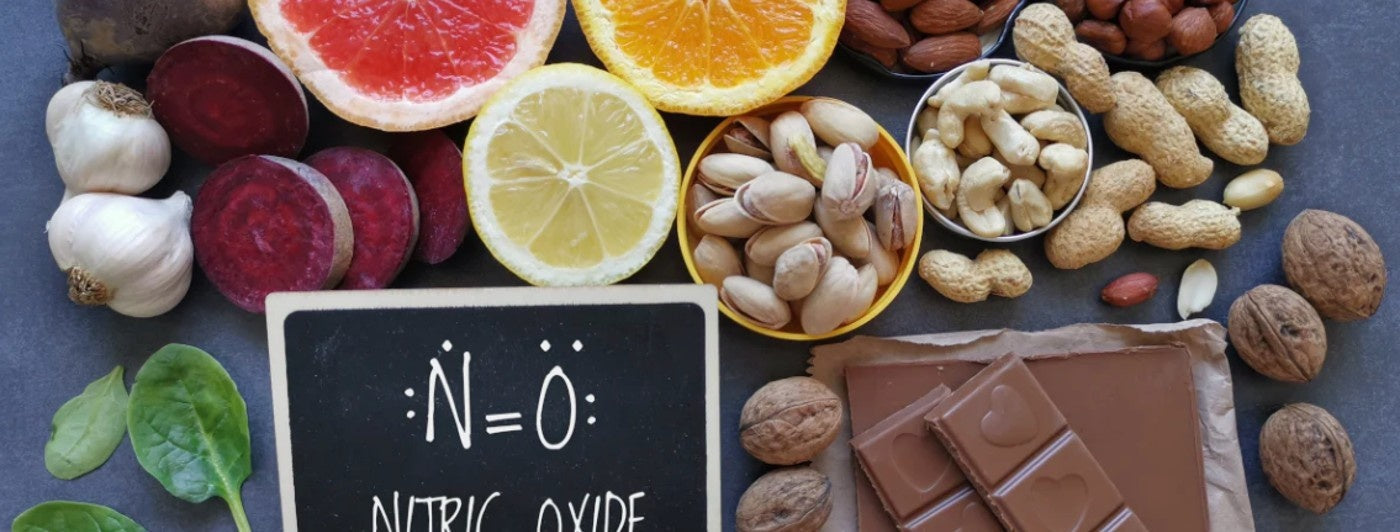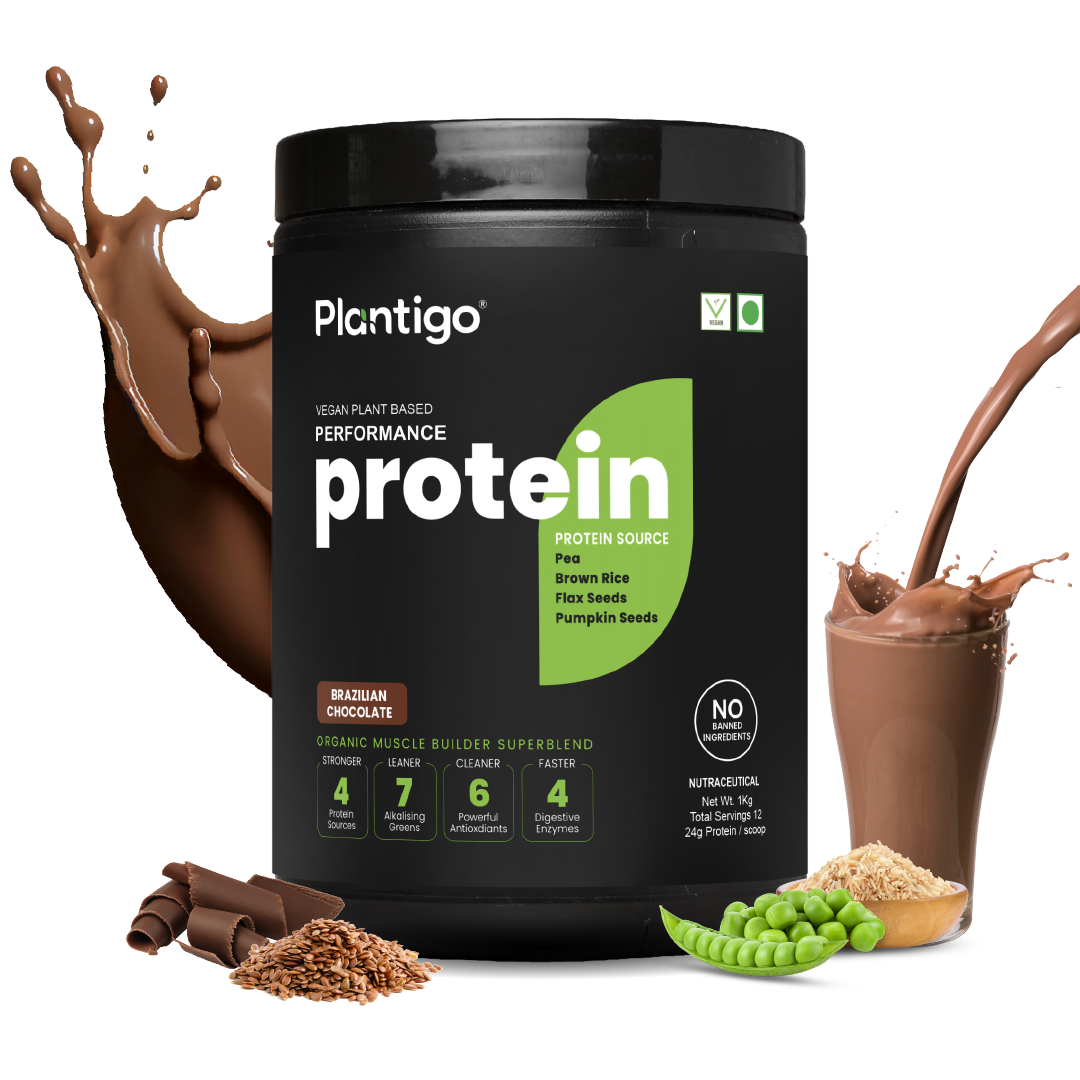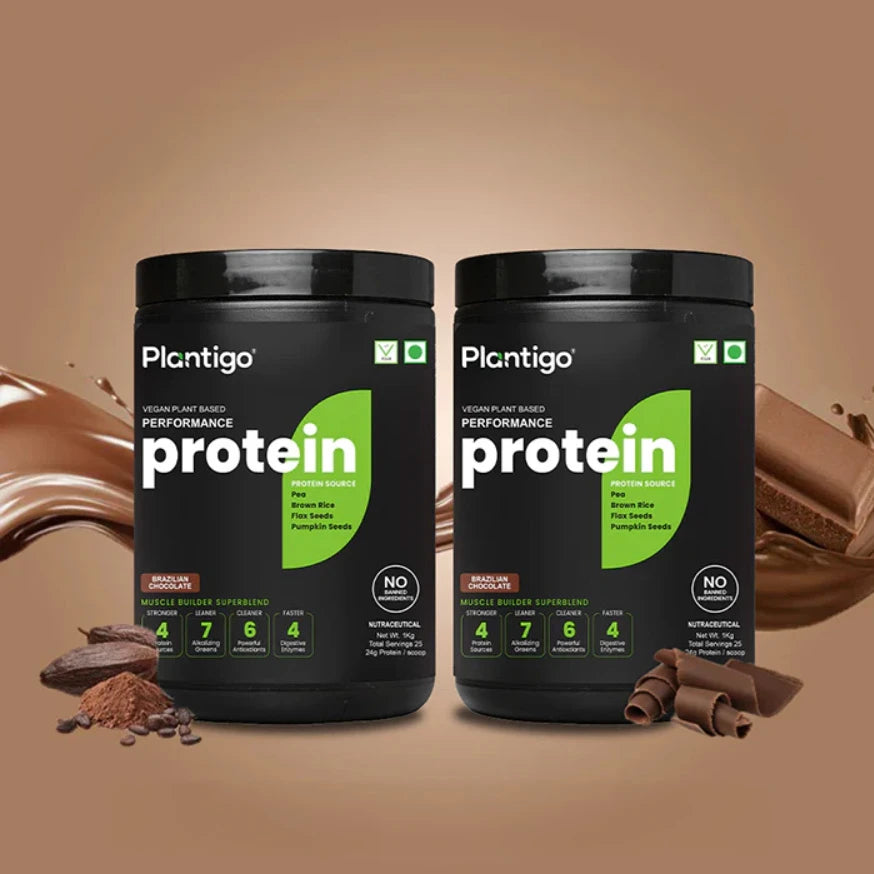Think building serious muscle without meat is impossible? Think again. With the right fuel, plant-powered bodies can achieve strength, definition, and endurance that rivals any meat-based diet. Whether you're new to lifting or a seasoned gym-goer, the truth is this: muscle isn’t made from meat — it’s made from protein, and plenty of that exists in the plant kingdom.
Building muscle as a vegetarian bodybuilder might seem challenging, but with the right foods, you can sculpt a lean, powerful physique without ever touching meat. The key lies in understanding which plant protein sources deliver the amino acids, vitamins, and recovery benefits your body craves — and how to incorporate them smartly into your daily diet.
In this guide, we’ll explore 10 must-have foods that should be in every vegetarian bodybuilder’s pantry. Whether you’re bulking up, toning down, or simply aiming for optimal performance, these foods will fuel your fitness journey the clean, green way.
1. Lentils
Packed with protein, fiber, and complex carbs, lentils are a staple in any vegetarian bodybuilder’s diet. One cooked cup offers around 18 grams of protein and is an excellent addition to soups, curries, or even salads.
Beyond protein, lentils also contain iron and folate, supporting energy levels and red blood cell production — critical when you’re lifting heavy. Combine lentils with rice or whole-grain bread for a complete amino acid profile.
2. Quinoa
Unlike most grains, quinoa contains all nine essential amino acids, making it a plant protein superstar. For vegetarian bodybuilders, quinoa works both as a carb source and a high-quality protein. One cup offers 8 grams of protein and a host of minerals like magnesium and manganese, aiding muscle function and recovery.
What makes quinoa stand out further is its status as one of the top antioxidant rich foods, helping reduce inflammation caused by intense training.
3. Chickpeas
Chickpeas (or garbanzo beans) are not only versatile and delicious but also one of the most effective protein rich food options for muscle growth. A single cup yields about 15 grams of protein and is high in fiber, which keeps you full longer.
Mash them into hummus, roast them for snacks, or add them to stews. Chickpeas are also a good source of vitamin B7 sources, supporting healthy metabolism and hair strength — great for those Insta post-gym selfies.
4. Green Peas
Green peas are an excellent soy-free protein source for any vegetarian bodybuilder. One cup of cooked peas provides nearly 9 grams of protein, along with fiber, iron, vitamin C, and magnesium.
Their rich lysine content supports muscle recovery, and their low glycemic index promotes steady energy throughout your training sessions. Thanks to their nutritional profile and versatility, green peas are often considered among the best plant based protein options for those avoiding soy.
Add them to soups, stews, rice bowls, or even blend them into protein-packed dips for an easy muscle-building boost.
5. Oats
Oats are a morning staple, and rightly so. Aside from being loaded with complex carbs for long-lasting energy, oats protein per 100g stands at an impressive 13g. That’s more than many people realize!
Add chia seeds, nuts, and a scoop of plant based protein powder to make your oats a post-workout recovery bowl. The fiber and nutrients also support digestive health — key for proper nutrient absorption.
6. Spinach
While not high in protein, spinach is one of the best vitamin E foods, essential for muscle recovery and reducing exercise-induced oxidative stress. It’s also rich in iron and magnesium, both of which are necessary for muscle function.
Toss it into smoothies, salads, or sautés. A vegetarian bodybuilder thrives not just on protein, but on minerals that support every cellular process involved in building strength.
7. Almonds
Nuts are calorie-dense and rich in healthy fats and protein. A handful of almonds provides protein, fiber, and is among the most effective antioxidant rich foods, loaded with vitamin E.
For a vegetarian bodybuilder struggling to meet calorie targets, almonds are a perfect snack to help bridge the gap. They also support skin health — especially handy when you're training under the sun.
8. Pumpkin Seeds
Don’t underestimate these tiny seeds. Pumpkin seeds offer about 7g of protein per 1-ounce serving, and they are packed with zinc, magnesium, and omega-3s.
Their benefits go beyond muscle building — they also support testosterone production, which is crucial for muscle growth in both men and women. Include them in your meal plan whether you’re training for mass or maintaining a calorie deficit.
9. Greek Yogurt (Plant-Based)
A great source of leucine, a branched-chain amino acid vital for muscle protein synthesis, Greek yogurt — especially coconut or almond-based versions — is ideal for post-workout recovery. It’s also one of the most balanced choices when selecting a protein powder for women, especially those who prefer real-food alternatives.
Look for fortified options that include B12 and probiotics. Blend it into smoothies or enjoy it as dessert with berries and flaxseeds.
10. Beetroot
This crimson root vegetable may not be protein-rich, but its nitrate content makes it essential for every vegetarian bodybuilder. Nitrates improve blood flow and endurance, helping you push harder and recover faster.
Include beetroot juice among your drinks to lose belly fat and enhance cardio performance. It’s a natural pre-workout boost and helps reduce muscle soreness.
Easy Ways to Add These to Your Meals
-
Breakfast: Add oats, almonds, and pumpkin seeds to your porridge or smoothie bowl.
-
Lunch: Combine lentils, quinoa, and spinach in a power-packed grain bowl.
-
Snack: Munch on roasted chickpeas or a handful of almonds.
-
Dinner: Stir green peas into soups or enjoy a beetroot and quinoa salad.
-
Post-Workout: Blend plant-based yogurt with oats and berries for recovery.
Smart meal planning makes every vegetarian bodybuilder goal achievable — no supplements needed!
Final Thoughts
The path of a vegetarian bodybuilder is built on intentional, nutrient-dense choices — not compromise. With the right plant protein, whole grains, legumes, seeds, and greens, building muscle is not only possible, but sustainable and rewarding.
These ten foods don’t just help with hypertrophy and recovery — they boost overall wellness, support immunity, and keep your energy levels high. By focusing on vitamin E foods, vitamin B7 sources, and striking the right balance of protein rich food and calorie deficit, you’re setting your body up for clean, consistent gains.
Ready to power your workouts the plant-based way? Start with one or two of these foods today — build your meals around them, listen to your body, and stay consistent.
Because the true strength of a vegetarian bodybuilder lies not just in muscle — but in mindful choices, clean fuel, and the discipline to grow with purpose.
Frequently Asked Questions
1. What do vegetarian bodybuilders eat?
Vegetarian bodybuilders focus on high-protein, nutrient-dense foods to build and repair muscle. Their diet typically includes:
-
Legumes like lentils, chickpeas, and black beans
-
Plant proteins like tofu, tempeh, soya chunks, and paneer
-
Whole grains such as oats, quinoa, and brown rice
-
Nuts, seeds, and nut butters for healthy fats and added protein
-
Vegetable-based protein powders (pea, rice, or blends)
In India, staples like dal, roti, and sabzi can be optimized with added tofu or paneer to meet bodybuilding needs.
2. What vegetarian foods are good for muscle building?
Key vegetarian foods for muscle building include:
-
Soya chunks: ~52g protein per 100g
-
Paneer: ~18g per 100g
-
Tofu: ~10g per 100g
-
Lentils and dals: ~8–9g per cooked cup
-
Pea protein or plant-based powders: 20–25g per scoop
These foods are rich in essential amino acids and work best when combined with whole grains to form complete proteins. Ideal for vegetarian diets in India and worldwide.
3. How to get 120g protein a day vegetarian?
A vegetarian can meet 120g protein/day by combining whole foods with supplements:
-
Breakfast: Oats + peanut butter + chia seeds (20g)
-
Post-workout: 1 scoop plant protein (25g)
-
Lunch: Dal + brown rice + paneer/tofu (30g)
-
Snack: Greek yogurt or roasted chana (15g)
-
Dinner: Quinoa stir-fry with soya or tempeh (30g)
Using high-protein snacks and one quality supplement makes this target sustainable and practical.
4. How much protein is in 100g of paneer?
-
100g of paneer provides around 18g of protein.
-
Full-fat paneer: 18–20g
-
Low-fat paneer: 14–17g
Paneer is a rich source of casein protein, which digests slowly and supports sustained muscle repair—making it a go-to for vegetarian athletes, especially in Indian diets.
5. How to get 200g protein a day vegetarian?
To hit 200g protein/day on a vegetarian diet, combine protein-rich meals and shakes:
-
2 scoops plant protein: 50g
-
100g soya chunks: 52g
-
150g paneer or tofu: 30–35g
-
Lentils, dal, legumes: 20–30g across meals
-
Snacks: Roasted chana, nuts, Greek yogurt (30–40g)

